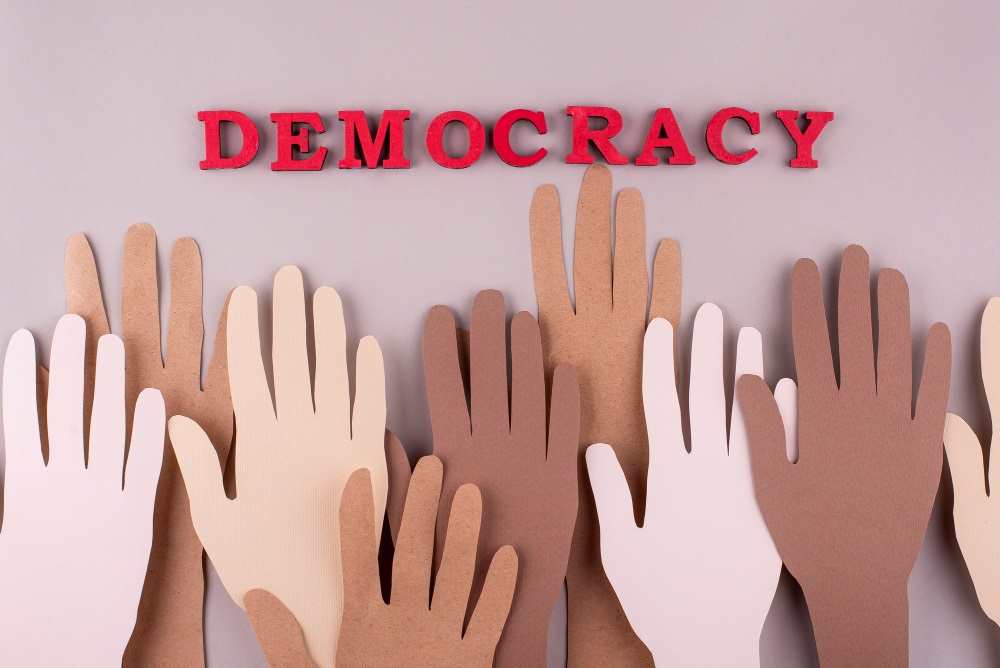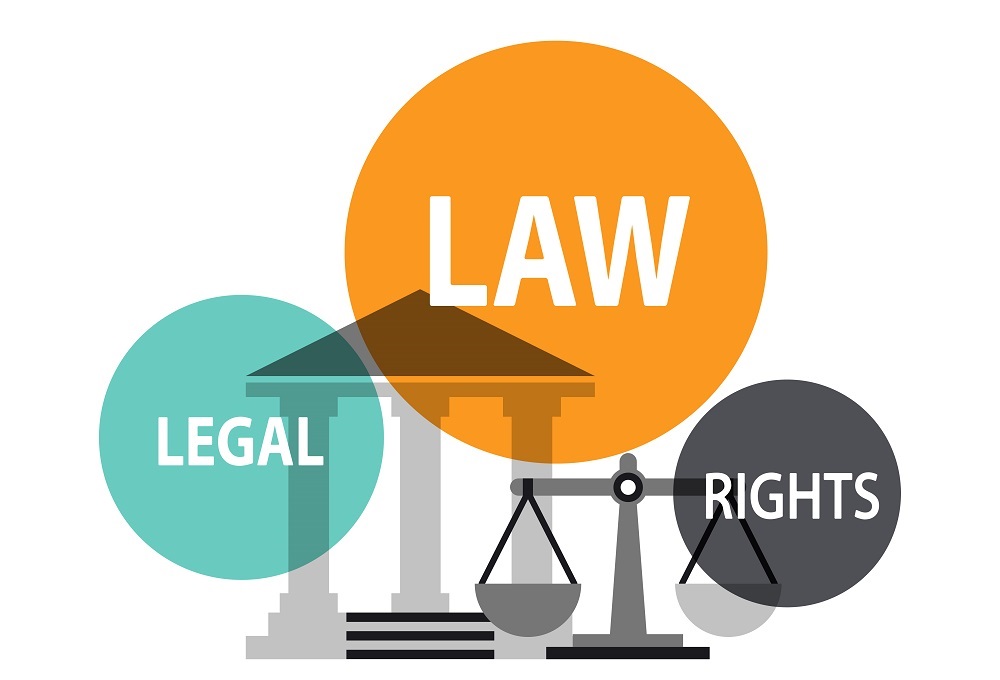It is Not Wisdom but Authority that Makes a Law. T – Tymoff
“It is not wisdom but authority that makes a law.” This provocative statement by T. Tymoff challenges our understanding of how laws come into being. At first glance, it might seem cynical, even disheartening. After all, shouldn’t our laws be rooted in wisdom, carefully crafted to serve the greater good? Yet Tymoff’s words ring true in many ways, highlighting a critical tension in our legal systems.
Let’s unpack this quote and explore its implications. What exactly do we mean by ‘authority’ and ‘wisdom’ in the context of law? How do these forces shape our legal landscape? And most importantly, what does this mean for us as citizens living under these laws?
By examining these questions, we can gain valuable insights into the nature of law, the exercise of power, and the ongoing struggle to create a just society. Whether you’re a law student, a concerned citizen, or simply curious about how our world works, this exploration will offer food for thought on the systems that govern our daily lives.
The Role of Authority in Lawmaking
Laws are typically created and enforced by those in positions of power – legislators, judges, and executives. This authority is crucial for maintaining order in society. Without it, we’d lack the structure needed to implement and enforce rules consistently. Imagine a world where traffic laws existed but no one had the authority to enforce them – chaos would ensue on our roads.
However, laws based solely on authority can have significant drawbacks. They may not always reflect the needs or values of the society they govern. For instance, authoritarian regimes often create laws that serve to maintain their power rather than benefit their citizens. This can lead to oppression, human rights violations, and societal unrest.
The Importance of Wisdom in Legislation
So what might “wise” laws look like? They would be crafted with a deep understanding of societal needs, ethical considerations, and long-term consequences. Wisdom in legislation contributes to fairness and effectiveness by considering diverse perspectives and potential impacts.

Consider the example of environmental protection laws. Wise legislation in this area doesn’t just come from authority dictating rules, but from a careful consideration of scientific evidence, economic impacts, and the long-term sustainability of our planet. Such laws balance immediate needs with future consequences, demonstrating the kind of foresight that wisdom brings to the table.
The Consequences
Laws made without wisdom can have severe negative consequences. They may be short-sighted, failing to address root causes of issues or creating unintended side effects. For example, harsh mandatory minimum sentencing laws, while appearing tough on crime, have led to overcrowded prisons and disproportionate impacts on certain communities.
On the flip side, incorporating more wisdom into lawmaking can yield significant benefits. It can lead to more equitable, effective, and sustainable policies. Laws crafted with wisdom are more likely to address complex societal issues in nuanced ways, promoting justice and progress.
Authority versus Wisdom in Modern Legal Systems
Modern legal systems strive to balance the authoritative enforcement of laws with the wisdom required to ensure those laws are just and effective. This balance, however, is often precarious and subject to various influences.
Democratic Processes
Democratic societies employ legislative bodies to create laws, where elected representatives theoretically reflect the collective wisdom of their constituents. Through debates, amendments, and voting, laws are intended to emerge from a deliberative process that considers diverse perspectives and societal values.

Public Consultations
Involving the public in the lawmaking process through consultations and hearings is another mechanism to infuse wisdom into legislation. Public input provides lawmakers with direct feedback from those affected by proposed laws, enhancing the democratic legitimacy and societal relevance of legislation.
Expert Involvement
Legal experts, scholars, and advisory panels contribute specialized knowledge and ethical considerations to the legislative process. Their input helps ensure that laws are informed by empirical evidence, constitutional principles, and ethical standards, thereby promoting fairness and efficacy.

Finding Balance
Achieving a balance between authority and wisdom in lawmaking is essential for creating just, effective, and sustainable legal frameworks. Here are several key approaches to strengthen this balance:
Increasing Diversity in Lawmaking Bodies
- Rationale: Diversity within legislative bodies ensures that a wide range of perspectives, experiences, and values are represented in the lawmaking process.
- Implementation: Introducing measures to encourage diversity in terms of gender, ethnicity, socioeconomic background, and professional expertise among elected representatives.
- Impact: This diversity fosters richer debates and more comprehensive consideration of societal needs and values, leading to laws that better reflect the interests of diverse communities.

Enhancing Mechanisms for Public Input
- Rationale: Public participation in lawmaking enhances democratic legitimacy and ensures laws align with public expectations and values.
- Implementation: Expanding opportunities for public consultations, hearings, and feedback mechanisms throughout the legislative process.
- Impact: By incorporating public perspectives, lawmakers can address concerns directly affecting citizens, thereby improving the relevance and acceptance of laws.
Thorough Impact Assessments Before Law Passage
- Rationale: Assessing the potential effects of proposed laws helps anticipate unintended consequences and ensures informed decision-making.
- Implementation: Mandating comprehensive impact assessments that consider social, economic, environmental, and human rights impacts before legislation is enacted.
- Impact: Such assessments mitigate risks associated with poorly designed laws, promoting more effective and equitable outcomes for all stakeholders.
Regular Reviews of Existing Laws

- Rationale: Laws must adapt to evolving societal norms, technological advancements, and emerging challenges over time.
- Implementation: Establishing periodic reviews and evaluations of existing laws to assess their effectiveness, relevance, and alignment with current needs.
- Impact: Regular reviews enable lawmakers to identify and address gaps, inconsistencies, or outdated provisions, ensuring laws remain responsive and beneficial to society.
Why it Matters
This balance between authority and wisdom in lawmaking isn’t just an academic concern – it affects our daily lives in profound ways. The laws we live under shape our opportunities, our rights, and our responsibilities. They influence everything from our working conditions to our relationships.
As citizens, it’s crucial that we think critically about the laws that govern us. Are they serving their intended purpose? Do they reflect the wisdom of our society, or merely the authority of those in power? By engaging with these questions, we can play a role in pushing for laws that truly serve the greater good.
While Tymoff’s quote highlights the often dominant role of authority in lawmaking, it also invites us to consider the vital importance of wisdom. The most effective and just legal systems will find ways to marry the two – using authority to implement and enforce, but relying on wisdom to guide what those laws should be. As we move forward, let’s strive for a world where our laws reflect not just the will of the powerful, but the collective wisdom of society.